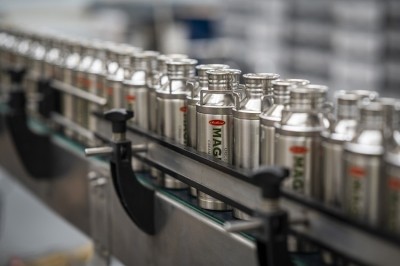News
Scotch tax hike costs treasury £298m in a year

HMRC figures for 1 August 2023 to 21 July 2024 showed that excise duty from spirits generated £3.95bn for the public finances, down from £4.25bn reported in the same period the previous year (-7%).
Hunt increased excise duty by 10.1% from 1 August 2023, reportedly the biggest such tax hike in more than four decades.
Double duty
As it stands, the UK has the highest level of excise duty on Scotch of the G7 countries and the fourth highest in Europe – double that of France and quadruple the excise duty of the United States.
The SWA called on the new chancellor, Rachel Reeves, to reverse the ‘economic damage’ caused by her predecessor in the Budget on 30 October.
Jeremy Hunt’s duty increase resulted in the largest contribution to inflation by alcohol on record, according to the Office of National Statistics. Further analysis on behalf of the SWA found that the tax rise made a 0.35 percent contribution to inflation – resulting in £2.3 billion in extra government interest payments on public borrowing.
Losing money
Mark Kent, chief executive of the SWA, said: “The Treasury has now lost more than a quarter of a billion pounds because of the previous Chancellor’s decision to increase tax on Scotch Whisky and other spirits.
“It has been a calamitous decision, which has cost the Treasury money that could have been used for public services. It has stoked inflation, and it has hurt business, hospitality and households.
“We urge the Chancellor to use the Budget to reverse the economic damage caused by her predecessor and deliver on the Prime Minister’s commitment to back Scotch Whisky distillers to the hilt, and in turn boost growth in Scotland.”
Meanwhile, Scotch whisky has secured Geographical Indication in Brazil, protection that could be worth £25m to the industry over the next five years.
















